Intellectual Property Insurance
Our market-leading team produce unique and innovative IP insurance solutions to bring real value to a transaction. Below is a sample of some of just some of the types of IP issues we have successfully insured to date.
Buyout of a premium global video game developer
During the buyer’s due diligence process several IP-related issues were identified with regards to ownership of the target’s IP as well as the use of open source software (OSS) in the game’s development that would ordinarily be excluded under W&I policies as a result of the issues being disclosed to the policyholder. The private equity investor was focussed on appointing an insurer who, alongside underwriting the general warranty suite, would be able to offer a solution for dealing with these known issues whilst also maximising cover for it in respect of certain material risk areas, such as title to the video game IP and non-infringement of the video game IP.
One of the key concerns for the investor was that it had invested substantial resources in carrying out a fulsome diligence process in respect of the target’s key IP assets but was concerned that it would not get appropriately proportionate cover from the insurance market given the technical and complex assets it was acquiring.
Fintech software investment and licensing deal
The deal required the insuring of two agreements, an IP transfer agreement and an investment agreement both of which contained a full suite of IP warranties, protecting the institution. One of the warranties concerning non infringement of the solution had forward looking effect.
Being a sell-side like transaction we did not have the benefit of any buy side diligence and no third party vendor diligence was prepared for the transaction. We conducted an initial patent risk landscape and IP litigation review of the target’s DLT solution, with a focus on Europe. We also worked with the technical specification provided by the developers to map out potential open source risk.
Acquisition of luxury hotel with branding issues
The purchaser was acquiring a high end, design led, luxury boutique hotel in central London. Part of the hotel’s appeal was its distinctive branding and design, having been created by a renowned hotel designer.
Initially there was limited disclosure by the seller of the creation and protection of the branding and design save for providing a list of registered trade marks. At the 11th hour of the transaction numerous disclosures filled in a complicated narrative and highlighted gaps in agreements to transfer key IP assets. The purchaser wanted an indemnity for losses arising out of any claims that could be made by the designer, including claims over ownership to and infringement of their intellectual property rights.
US corporate purchase of UK software business
The US buyer had been courting the UK target business for some time and saw an opportunity to acquire its technology, in the form of a machine learning solution to speed up and remove human touch points in supply chain and logistics processing.
As is typical in many software businesses the target had relied heavily on independent contractors to develop software code with limited formalities and did not obtain IP assignment agreements. In addition and as is also common, these independent contractors had used a large amount of open source programs as part of the target’s solution; such use potentially in breach of open source licenses.
The key concerns of the buyer which it sought cover for under were concurrent ownership and infringement challenges by former contractors and infringement and copyleft risk posed by th use of open source code.
Purchase of coatings technology
The buyer had conducted robust IP due diligence, including commissioning a patent attorney to produce a freedom to operate opinion to map out potential infringement risk. The buyer was proposing to seek licenses to mitigate the highest areas of risk, but wanted coverage for infringement risk arising out of lower-medium risk patents on a forward looking indemnity basis. The buyer’s main concern was to mitigate potential losses it would incur if such risks crystalized post completion after having invested in developing, manufacturing and distributing coatings based on the acquired technology.
Sale of a design software suite from a distressed business
A financially distressed, European manufacturing business was selling its proprietary design software assets. The acquiring fund was not willing to proceed with the transaction without a number of assurances, including that the seller owned the software code and that it did not infringe third party intellectual property rights.
Due to time and budgetary restraints, neither party had commissioned independent expert intellectual property due diligence. The buyer was particularly concerned with protecting itself against the risks arising out of using and integrating the software package with its systems; the risk of the software infringing third party intellectual property rights; use of open source code in non-compliance with license requirements; challenges to ownership of the code and validity challenges to registered/granted intellectual property rights, including trade marks. Without the financial covenant of the insurance policy, the sale would not proceed.

